Reducing Switzerland’s carbon footprint by 2050
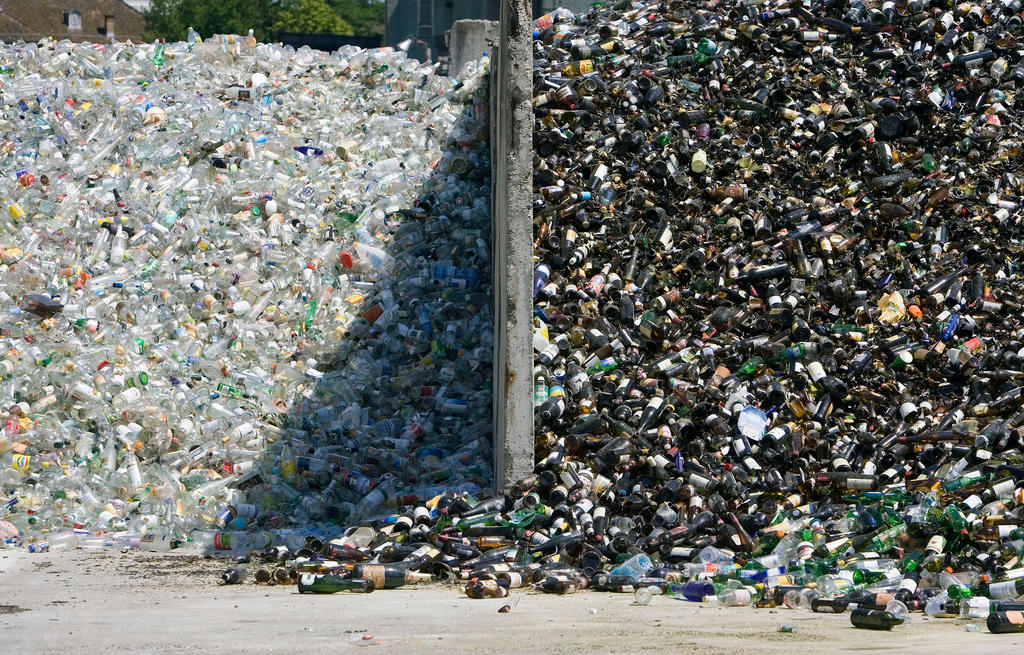
Switzerland needs an economy that is based on the sustainable use of natural resources. An initiative by the Green Party wants to incorporate this into the country’s constitution, but opponents are convinced such a strategy is unrealistic. Voters have the final say at the ballot box on September 25.
It is a fact that the consumption of natural resources worldwide has been exceeding the Earth’s capacity to regenerate itself since the 1970s. The United Nations Environment Programme (UNEP) estimates that by 2050 the global ecological footprint will triple if the economy of industrialised countries continues to grow at the same pace while developing countries increase their consumption.
Switzerland, a country with limited natural resources, has a large ecological footprint and is among those countries which are guilty of consuming more than their fair share of the Earth’s bounty.
The Swiss economy is highly globalised and about 70% of consumer goods are imported, thus exploiting natural resources abroad.
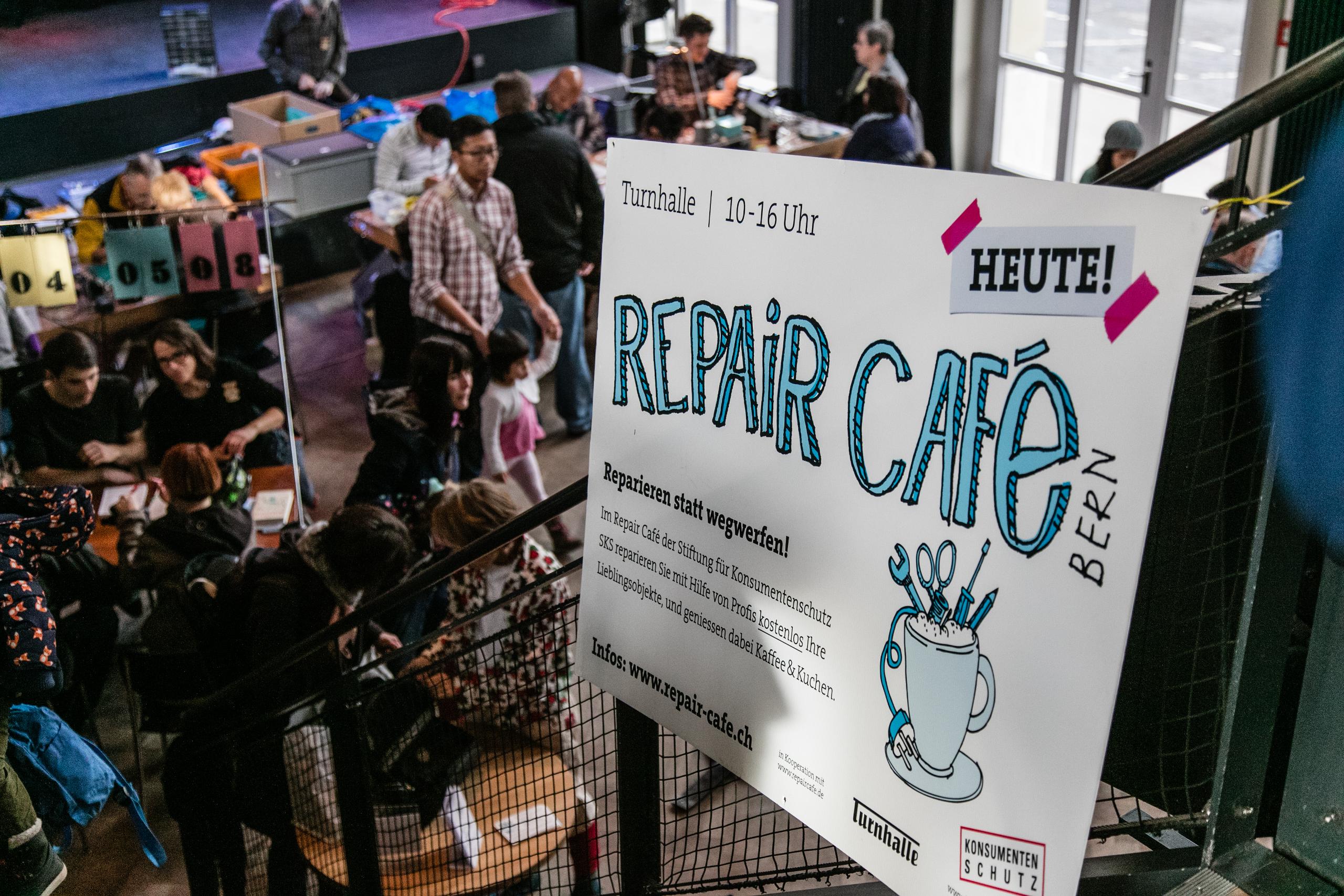
More
‘Repair café’ breathes new life into old things
The world would use up 2.8 times worth the Earth’s resources every year, if everyone else on the planet lived like the Swiss.
Fundamental change
Reason enough for the Green Party of Switzerland to call for a fundamental change in the country’s economic system. Its initiative gathered about 110,000 signatures within the required 18 months and was handed in to the authorities in 2012.
It calls for a “circular economy strategy”, including measures to adopt new product regulations, encourage recycling, and promote research and innovation, thereby reducing the country’s ecological footprint by two-thirds.
The proponents want Switzerland to play a pioneering role, promoting a sustainable model for the economy, including a tax policy tied to the use of natural resources. The government is asked to define sustainability targets both for a short and medium term and present a progress report every four years.
The Greens say a sustainable economy is crucial as a shortage of natural resources could also result in production bottlenecks and a slowdown of economic growth. The leftwing group argues the Swiss economy could boost its competitive edge by promoting new technologies aimed at improving efficiency and reducing consumption.
The clean-tech sector has been recording high growth rates both in Europe and worldwide, they add.
A sustainable economy is in the general interest because society often has to deal with environmental damage caused by business activities from the previous generation, according to the initiative committee.
Consumers would see an immediate benefit as they would no longer have to buy products with an extremely short life cycle.
Alternative option rejected
The government says it shares the main aims of the initiative, notably the importance of natural resources to ensure prosperity for society because a shortage of high quality resources, including water, clean air, fertile soil and raw material, would jeopardise the economic system and people’s lives.
Devised in the 1990s, the ecological footprint measures human demand on Earth’s ecosystem.
Swiss researcher Mathias Wackernagel and his Canadian colleague William Rees developed a system which enjoys widespread recognition worldwide. There are many similar systems used to measure how rapidly the natural resources are depleted.
The initiative by the Green Party has no preference for a specific system to measure Switzerland’s ecological footprint. Its aim is to ensure that the Swiss don’t use more than one Earth worth of natural resources by 2050.
The government says it would be necessary to reduce consumption of natural resources by about 65% from current levels to meet the target of the initiative promoters.
However, the government says it is not realistic to reach the aims by 2050 as demanded by the promoters of the people’s initiative. The cabinet prefers a staggered approach to allow the economy time to adapt.
The government’s own proposal – an amendment of the environment law dating back to 1983 – was thrown out by parliament last December.
The centre-right majority in both chambers of parliament also made short shrift of the people’s initiative, saying it would put at risk Switzerland’s prosperity, curb entrepreneurial freedom, undermine economic growth at a time when businesses are suffering from the effect of a strong Swiss franc and lead to job losses.
Liberal vs interventionist
“This initiative serves no useful purpose,” says Christian Wasserfallen, member of the centre-right Radical Party.
“Switzerland is already a world leader in the recycling of paper, glass and PET. Many of our businesses are also at the forefront when it comes to using raw material and energy efficiently. This is due to a proactive policy of the companies and a liberal economic policy.”
Wasserfallen warns of state intervention, a command economy and a huge bureaucracy.
“The government and parliament would have to create detailed regulations and introduce useless sanctions if the Green initiative were accepted by voters,” he says.
Compromising future
Regula Rytz, parliamentarian and president of the Green party, dismisses the argument as one-sided.
“Switzerland might be a world leader in recycling but it is also among the top two countries in Europe when it comes to per capita waste production,” she points out.
Rytz says Switzerland still has a long way to go to improve the efficient use of raw material whereas other European countries have made progress in several sectors over the past few years.
“Our initiative does not want to slow down growth. We aim for an economic system capable of producing goods with a long life and with as little waste as possible to give just one example.”
Rytz says it is irresponsible to leave future generations to cope with a planet ruined by a society which lived beyond its proper means.
Is this initiative doomed like all utopian ideas? Tell us what you think.
Adapted from Italian by Urs Geiser

In compliance with the JTI standards
More: SWI swissinfo.ch certified by the Journalism Trust Initiative


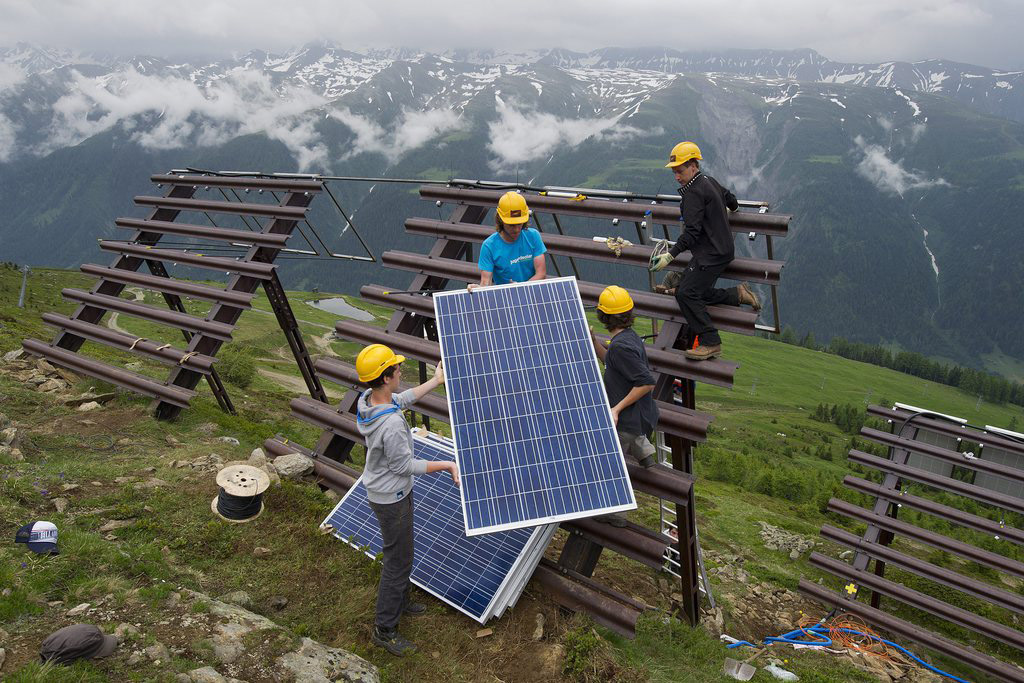
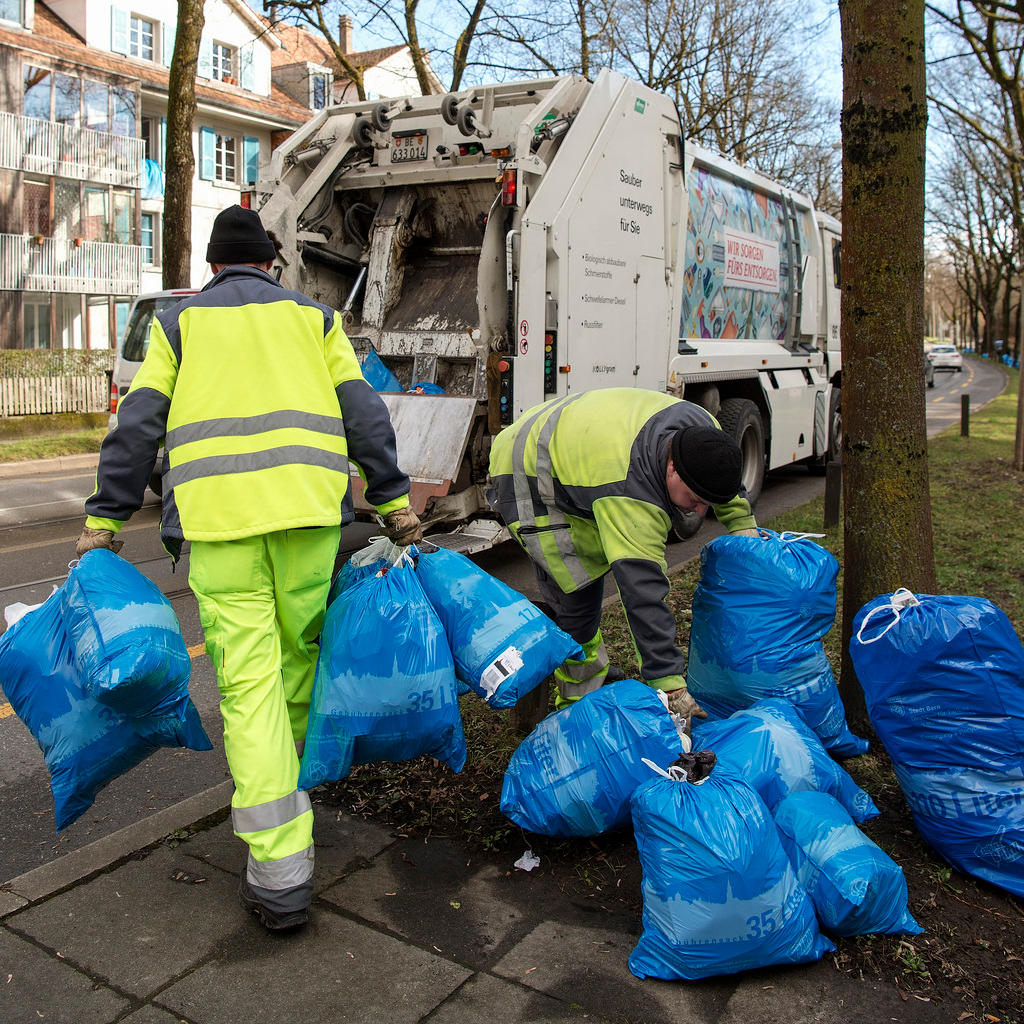
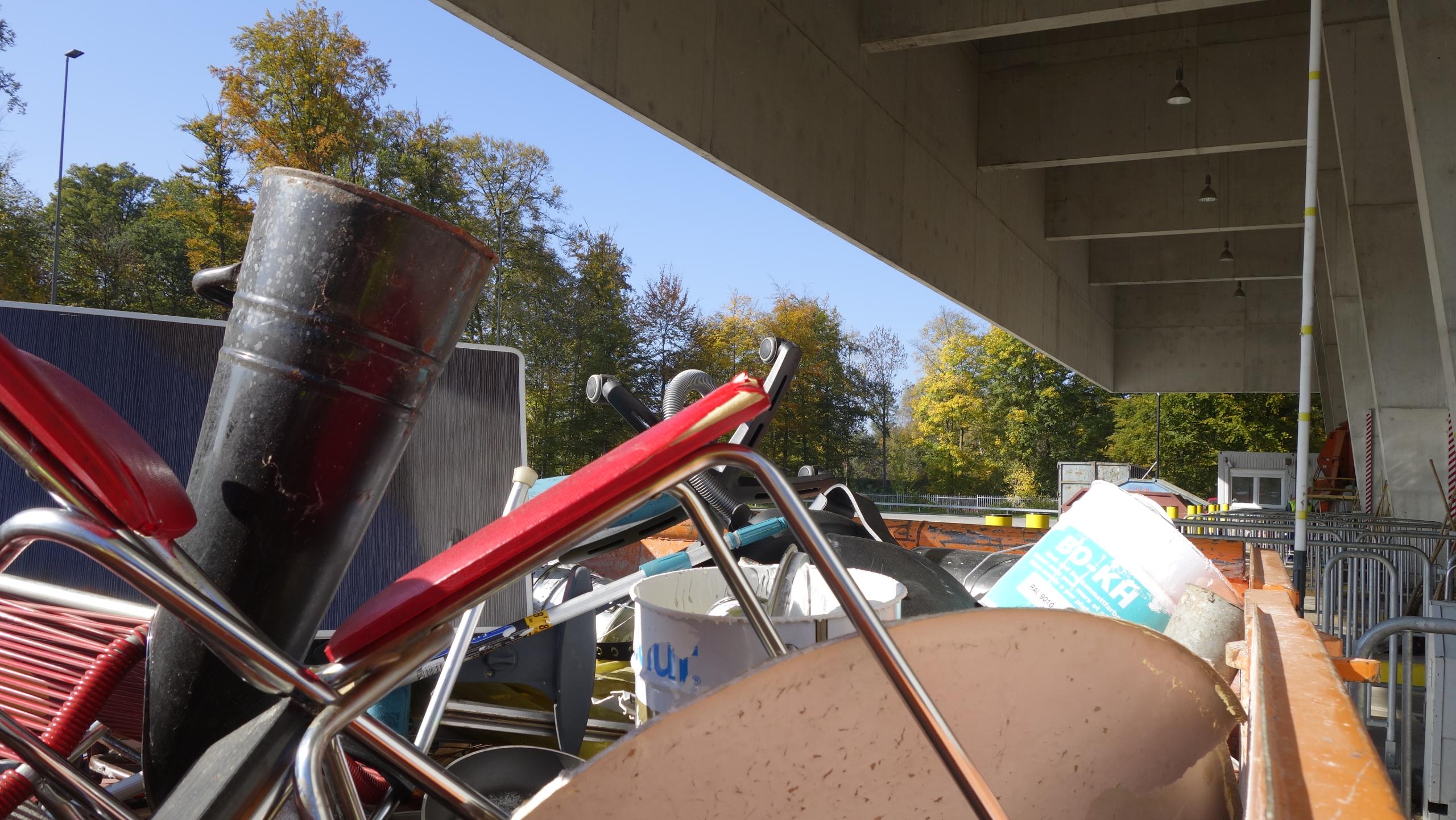
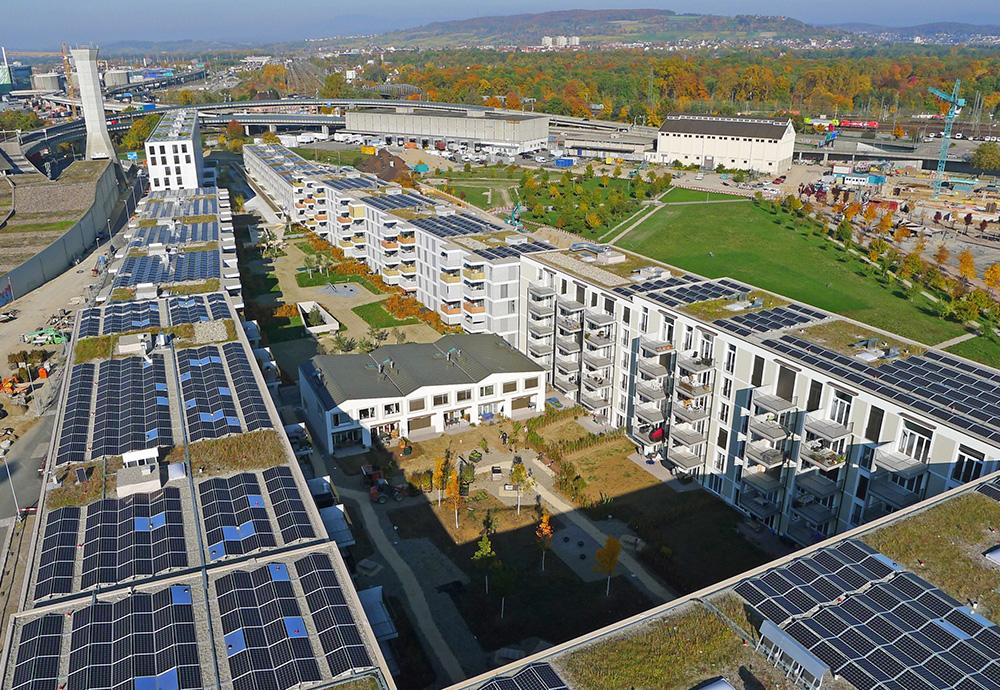

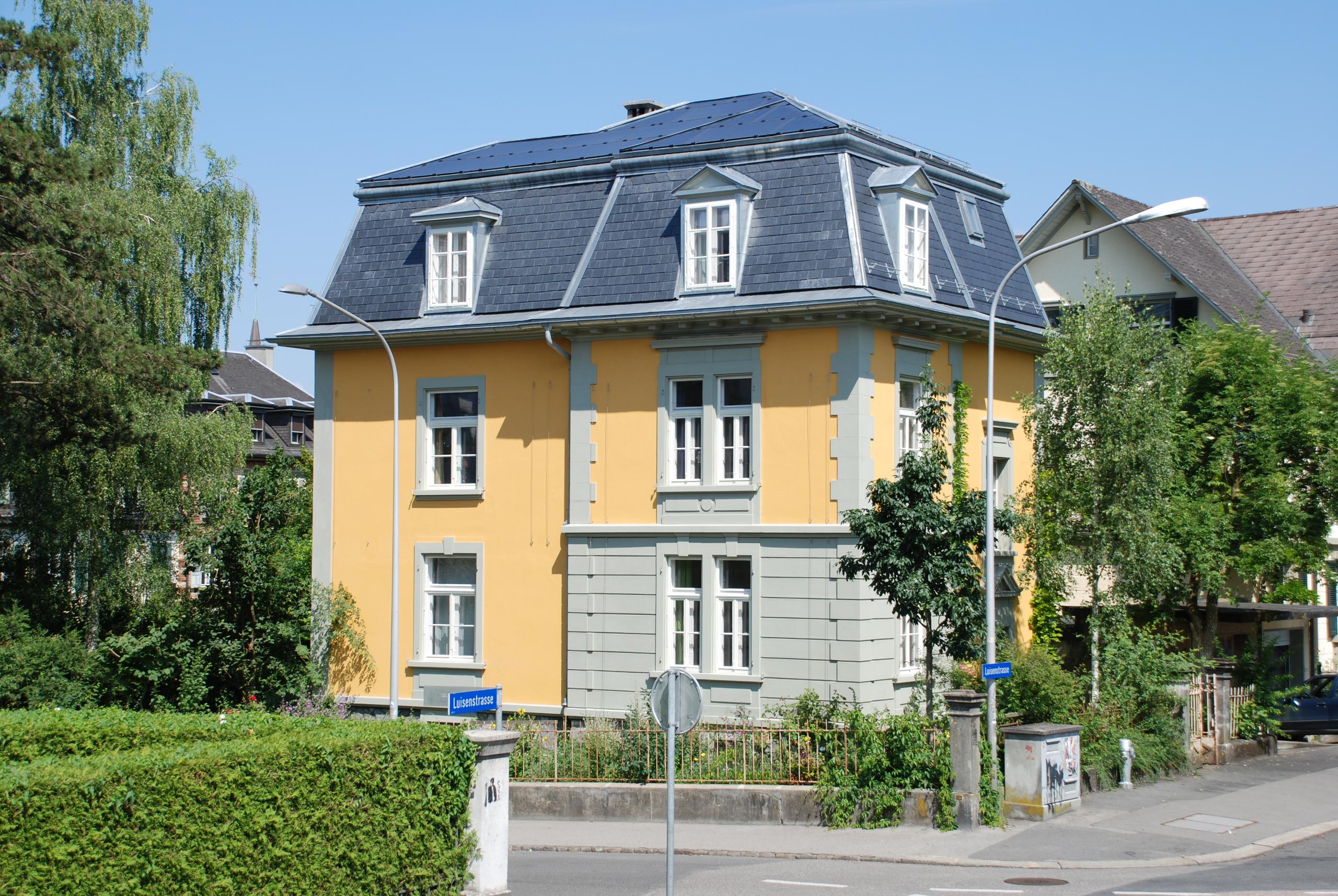
You can find an overview of ongoing debates with our journalists here. Please join us!
If you want to start a conversation about a topic raised in this article or want to report factual errors, email us at english@swissinfo.ch.